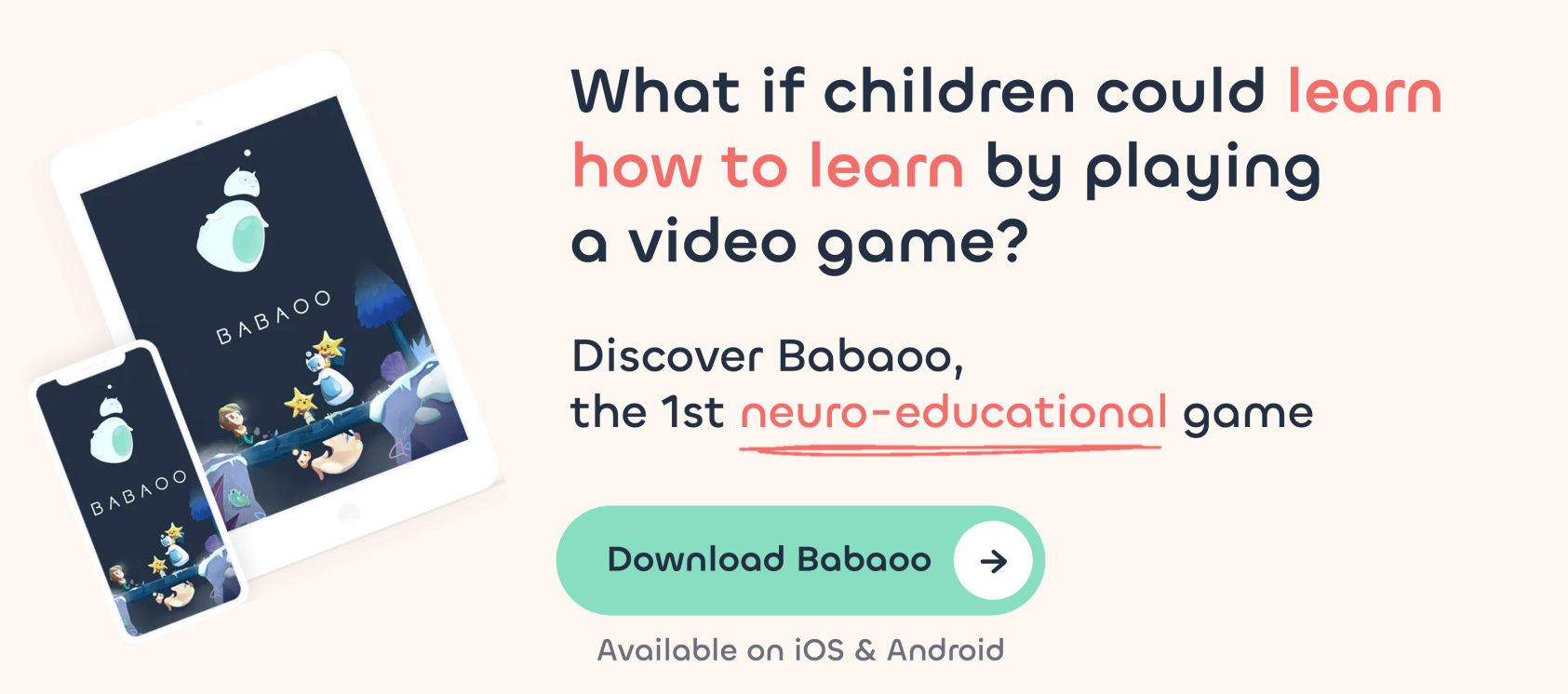
The benefits of boredom for the brain

Boredom: a necessary evil?
In 2014, a study by American social psychologist Timothy D. Wilson revealed that individuals faced with the choice between inactivity and interaction with an object delivering electric shocks, opted for the latter. The professor concluded that humans prefer to experience electric shocks rather than be left alone to reflect on their own thoughts.
Far from being inactive, when bored, the Brain activates what is known as the “default network” or “secondary network”. This area of the Brain, far from being a simple resting function, is crucial for memory consolidation and reflection.
It’s during these moments of boredom that we can really “digest” and integrate experiences, learning or emotions.
Differentiating beneficial boredom from pathological boredom
Boredom comes in two forms:
- Beneficial: stimulates creativity and personal development.
- Pathological: the sign of a lack of stimulation.
Beneficial boredom: a catalyst for growth
Beneficial boredom is that state of non-occupation that leaves room for daydreaming, imagination and creativity: a moment of pause, where the mind is not passive, but rather engaged in a form of inner productivity. This boredom is a luxury in our hyperactive society, as it offers children (and adults) the opportunity to reconnect with themselves and explore their thoughts. 💭
Pathological boredom: detecting the signals
In contrast, pathological boredom is a chronic state of disinterest and disengagement. In children, it is usually the result of a stimulating environment, with insufficient opportunities to learn, play and interact. It is accompanied by an inability to find pleasure in activities that would normally be sources of joy and fulfillment.
Parents can detect potential pathological boredom in their child by early warning signs: social withdrawal, loss of interest in activities previously enjoyed, expression of feelings of emptiness, etc. The child may then need to be stimulated with educational, artistic or sporting activities, or simply to spend more quality time with family and friends.
✏ Note: the key to taking advantage of boredom lies in the ability to navigate between these two extremes: encouraging beneficial boredom and creating an environment where children can be constructively bored.
Boredom stimulates creativity
In the ceaseless concert of activities and distractions, boredom seems to be the great absentee, especially in the lives of our children, constantly stimulated by screens, games and a schedule often busier than a CEO’s.
When the agenda overflows with structured, directed activities, where’s the room for imagination? Boredom, by offering a space free of directives and precise objectives, invites creativity. It’s in this apparent “emptiness” that the child’s mind searches for novelty, invention and play.
A simple cardboard box becomes a castle, a spoon is transformed into a fairytale character. Boredom stimulates this innate capacity to create, imagine and question: it nurtures and develops creativity.

Babaoo’ Tip 💡
Turn boredom into a creative adventure with a “Boredom Box”: fill a box with fun challenges and activities for your kids to draw inspiration and fun from when they’re bored. A simple and effective way to stimulate their creativity and autonomy while having fun. 🥳
The benefits of boredom on the Brain
Behind its mask of monotony, boredom hides benefits for their developing Brain.
Boredom reinforces autonomy
In the face of boredom, children learn to turn to themselves for sources of entertainment and to take initiative. Instead of passively waiting for entertainment to come from outside, he becomes the actor of his own entertainment. This autonomy also fosters greater self-confidence. 🌈
A space for imagination
Boredom creates a void or silence, and it’s precisely in this space that imagination has room to flourish. Without constant directives and distractions, the child’s mind is free to wander, to question, to explore.
It’s in this space that the wildest, most original ideas are born. A stick found in the garden becomes a magic sword, a simple cardboard box turns into a spaceship.
Boredom and the development of perseverance
Boredom isn’t always comfortable, and that’s a good thing. By seeking to overcome it, the child also learns to cope with frustration, patience, and perseverance.
How to tame boredom
Whether for our children or ourselves, learning to welcome boredom rather than run from it can open the door to a wealth of learning. 🌱
- Accept boredom!
Instead of seeing it as an enemy to be fought, let’s welcome it as an invitation to slow down and reconnect with ourselves. Explain to children that boredom is not something negative but a chance to discover what they really love. - Institute limited screen time
It’s tempting to throw ourselves at screens to escape boredom. Limiting screen time encourages the whole family to look for more enriching and creative alternatives to occupy those moments. Without banishing them, let’s instead establish screen-free moments to stimulate the quest for non-digital activities. - Exploring nature
Nature awakens the senses: it’s a playground for discovery. Let’s encourage outdoor outings, walks in the forest, picnics in the park, or simply a moment spent watching the clouds or the stars. - And why not meditate?
Simple breathing exercises or guided meditation are a good start. Learning to be present in the moment, to observe your thoughts and sensations without judgment, can transform boredom into an enriching and profound experience. - Encourage reading
Reading enriches the soul and mind. It stimulates the imagination and nourishes the mind. Let’s encourage our children to read, to lose themselves in stories, to explore subjects that fascinate them.
Far from being an enemy to be avoided at all costs, boredom is a precious ally in children’s cognitive and emotional development. It’s the fertile ground on which creativity, autonomy, self-reflection and so many other essential skills flourish. So the next time your child says “I’m bored”, encourage them to explore the rich world of possibilities that boredom offers!
The Babaoo recap
In a world that values constant action and excessive productivity, it’s time to rehabilitate boredom. To give it back its “letter of nobility” and recognize its essential role in the mental equilibrium and creative development of children (and adults!).
So next time you’re feeling bored, smile: your Brain is about to take you on a journey. ✈️ ☀️
You may also be interested in these articles



